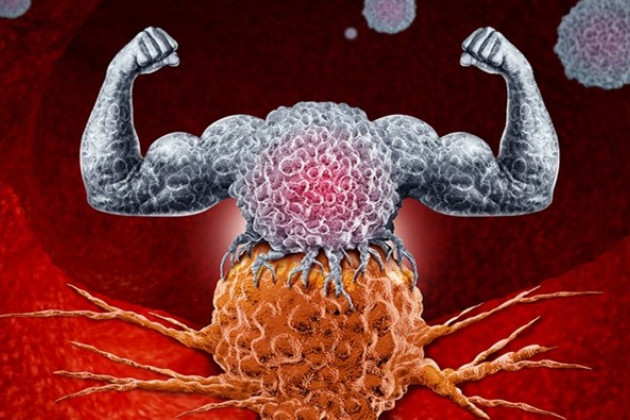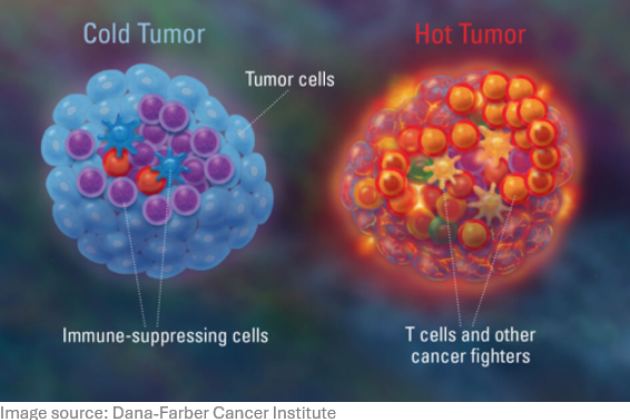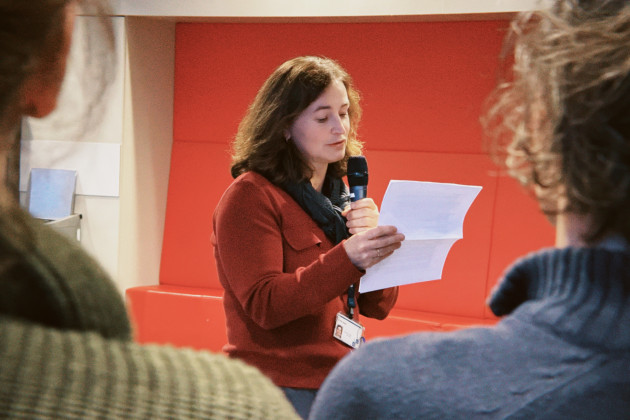His group focuses on understanding how the immune system interacts with intestinal tissues in both health and disease. A core aspect of their research is the development of Systems Immunology approaches, integrating advanced single-cell and spatial technologies with computational tools. They employ methods like high-dimensional cytometry (CyTOF, spectral-flow), single-cell RNA sequencing, imaging mass cytometry, spatial transcriptomics, and T-cell culture to analyze immune cell populations and their interactions within the intestinal environment. Additionally, they use three-dimensional in vitro organoid models to replicate human intestinal tissues, preserving the integrity of the epithelium, supportive stroma, and native immune cells. These models provide a controlled setting to functionally study human immune mechanisms within tissues.
Their key research interests include:
- Investigating human immune-mediated inflammatory intestinal diseases (celiac, inflammatory bowel disease).
- Developing System Immunology approaches to study human disease.
- Performing fundamental research on the development of the immune system in the intestine.
By applying these advanced methodologies, we aim to dissect key immune mechanisms driving disease, with the goal of improving diagnostic precision and developing more effective treatments for chronic intestinal conditions.


